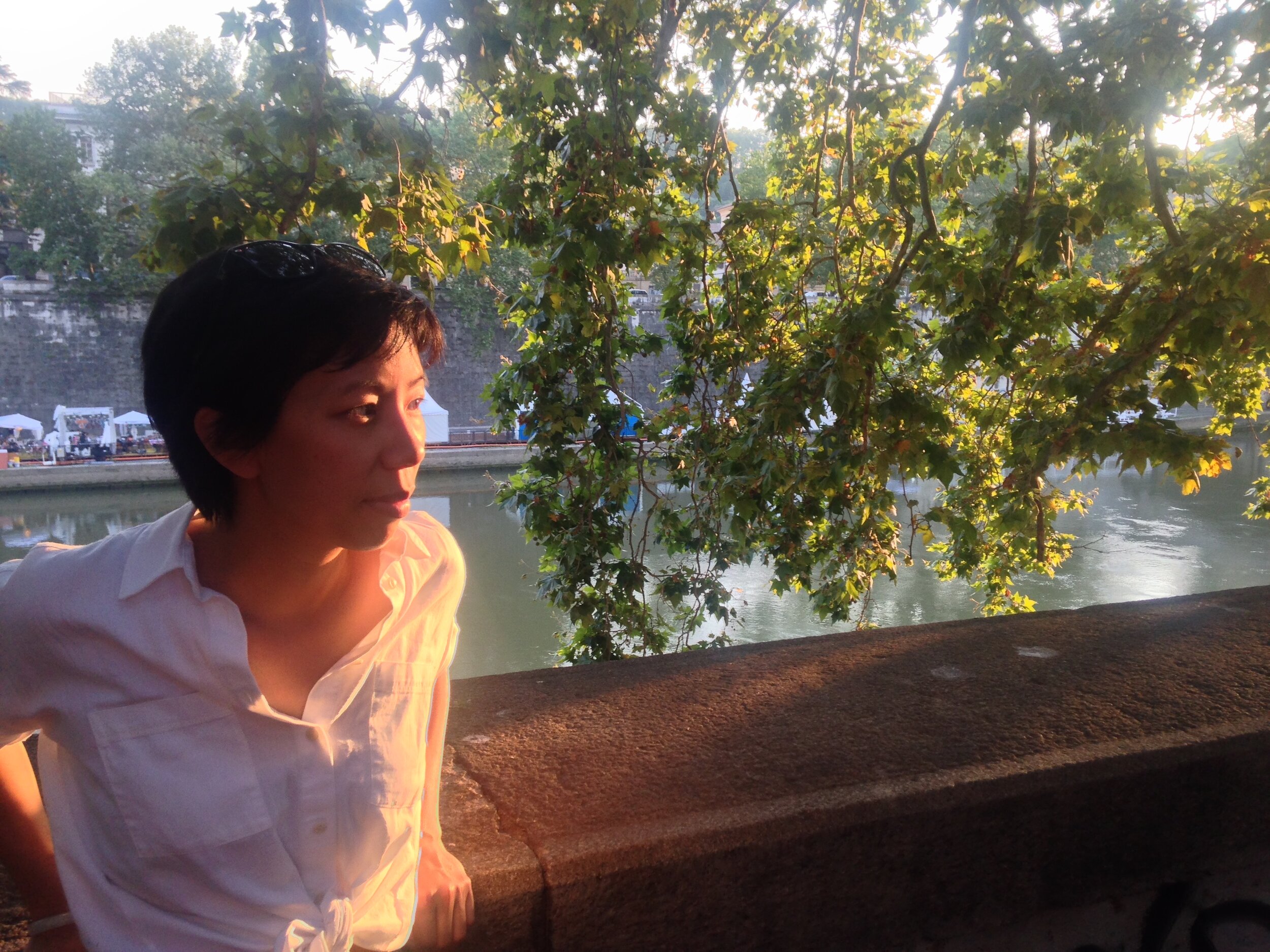
Genevieve Yue
Genevieve Yue is a critic, film programmer, and Assistant Professor of Culture and Media at The New School. Her research centers on the formal and material organization of audiovisual media, including the possibilities and limitations of visuality in moving image representation, especially as illuminated by feminist and critical race theories.
Genevieve Yue is a critic and film programmer, and at the New School she is Assistant Professor of Culture and Media and Director of Screen Studies. Her research centers on the formal and material organization of audiovisual media with emphasis on the history and theory of film.
Genevieve’s essays and criticism have appeared in October, Grey Room, art-agenda, Film Comment, Film Quarterly, Reverse Shot, and The Times Literary Supplement. She has organized film screenings at MassArt, Anthology Film Archives, Light Industry, the Wexner Center, Los Angeles Filmforum, and the Milwaukee Underground Film Festival. She is director of the Screen Studies program at Eugene Lang College, The New School, and currently serves on the Board of Trustees for the Flaherty Seminar, where she also chairs the Programming Committee. She holds a Ph.D. in Critical Studies from the School of Cinematic Arts, University of Southern California.
During her GIDEST fellowship year, Genevieve will work on “Computer Problems,” a research and collaborative filmmaking project that examines the uses and challenges of digital technology access for the elderly, especially in lower-income and majority immigrant neighborhoods. This is part of a larger research agenda that examines the physical infrastructure and ideology of computer networks at points of failure, misapprehension, and obfuscation. "Computer Problems" addresses the issues inherent in “intuitive” interfaces and social media platforms as they exacerbate social isolation among seniors, but it also explores technologically-mediated possibilities for community and intergenerational friendship.